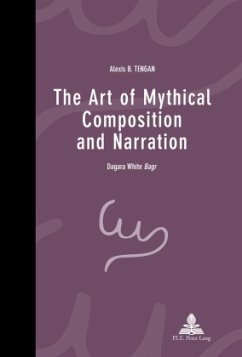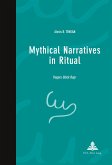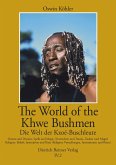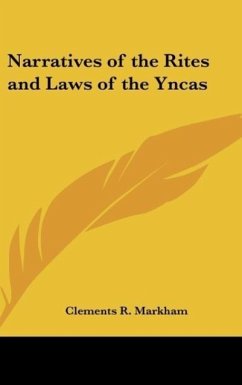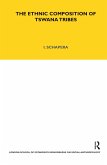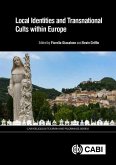Throughout history, oral cultures lacking the medium of writing have relied on secret cults and societies to keep the authoritative versions of their sacred compositions, originally passed on to them as myths of divine origins, alive and remembered.
In this book, the author, after many years spent observing secret rites, presents different versions of the White Bagr mythical narrative, following the ritual calendar. These rites, which are found among the Dagara/Lobi societies in West Africa, form a crucial part of the year-long rites of initiation of selected neophytes into bagr society.
In addition to giving a detailed ethnographic description of this society, its initiation rites and a bilingual version of their mythical narrations, the author seeks to explain how memory is constructed, retained and transmitted in orature, and what it takes to give a proper oration, without errors, slips of the tongue and deviation, as well as examining how the performance is critically received by bagr society and the Dagara people.
In this book, the author, after many years spent observing secret rites, presents different versions of the White Bagr mythical narrative, following the ritual calendar. These rites, which are found among the Dagara/Lobi societies in West Africa, form a crucial part of the year-long rites of initiation of selected neophytes into bagr society.
In addition to giving a detailed ethnographic description of this society, its initiation rites and a bilingual version of their mythical narrations, the author seeks to explain how memory is constructed, retained and transmitted in orature, and what it takes to give a proper oration, without errors, slips of the tongue and deviation, as well as examining how the performance is critically received by bagr society and the Dagara people.

